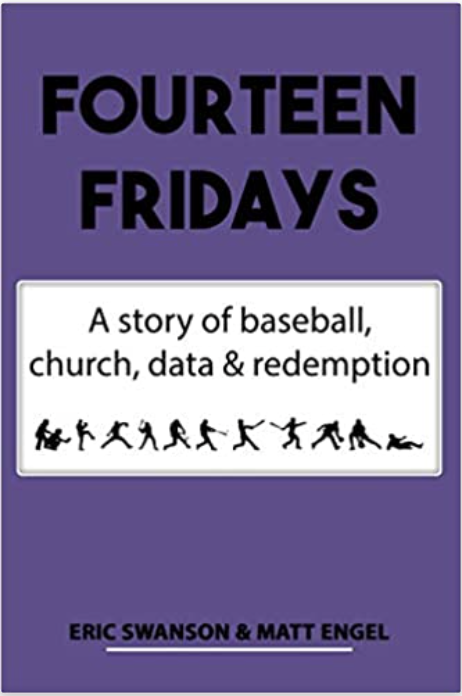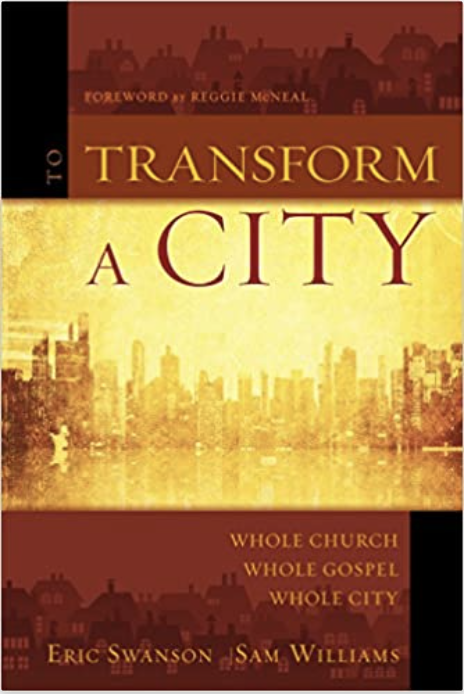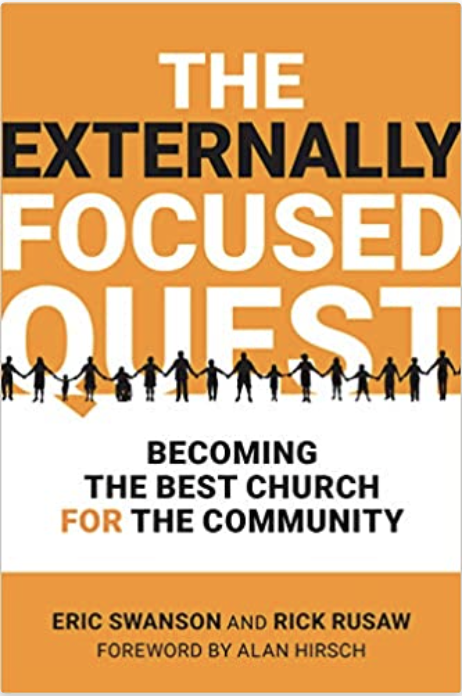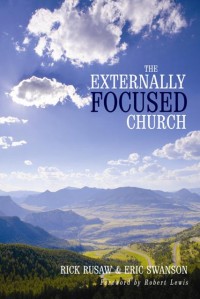What I’m learning about global missions
 8/19/13 Three years ago I began the first of five Global Connection Leadership Communities (GXLC). This first community met on the heals of a “Listening Tour” of 55 Senior and Missions Pastors of churches over 3000. This resulted in a paper I wrote called Nine Game-Changers for Global Missions. This last week I was transferring material from last years commonplace book into this year’s commonplace book and came across a few aha’s that emerged from this last year’s gatherings of GXLCs in Dallas.
8/19/13 Three years ago I began the first of five Global Connection Leadership Communities (GXLC). This first community met on the heals of a “Listening Tour” of 55 Senior and Missions Pastors of churches over 3000. This resulted in a paper I wrote called Nine Game-Changers for Global Missions. This last week I was transferring material from last years commonplace book into this year’s commonplace book and came across a few aha’s that emerged from this last year’s gatherings of GXLCs in Dallas.
- What difference would it make if all pastors were called “Missions Pastor?” After all, isn’t “missions” the job of all the church?
- What if missions or “missional” extended to all four quadrants of engagement that reflect geographical / cultural nearness / distance—Jerusalem, Judea, Samaria, Remotest parts of the earth…across the street, across the country, across the track, across the sea? The mission is seamless, no matter where we are. And that mission is to make disciples.
- What if we thought differently about short-term mission trips? One church stopped using the term all together, instead opting for “cross-cultural discipleship experiences,” some of which could be across the tracks or across the seas?
- What if short-term missions were a 3-6 month experience instead of a 1-4 week experience? Pre-trip would include studying the culture, ministering to people from that country here in our own city. Post-trip would include reflection and continued ministry with the local people group. This is about as new as the latest diet fad. But how many churches have the energy to implement this?
- Understand missions ecology. Everything we do in another setting has effects on that culture like the butterfly that flaps its wings in an Amazon rain forest. A couple of stories:
- A few months ago I met with a friend of mine who heads up Engineers Without Borders. They’ve learned a lot about this topic. When they first went into a village where women had to walk an hour each way for water, the slam-dunk solution was dig a well in the village. What they didn’t realize was that the walking time was actually the connection time for the women in the village. How to raise kids…how to negotiate an abusive husband. Take away the 2-hour conversation and bring on family problems. Early on Matt Damon (I believe) good-heartedly dug a well for a village that was afterward viscously taken over by another village without a well. That was a wakeup call for Damon.
- Those who study Asset-Based Community Development (ABCD) report that when churches show up with “turkeys and toys” the man of the house slips out the door in shame because is not providing for his family.
- A few years ago I read an article by Steve Saint, son of Nate Saint (Through Gates of Spender). Saint was working among the Auca Indians—the tribe that had killed his father. Nate said while he was teaching in his Auca village, a plane touched down on the runway and an excited college student burst into the room explaining his church wanted to send the kids Christmas presents and to quickly write their names down. When the blankets arrived, Steve put them in a storage shed instead of giving them to the children. In a community where status is measured by possessions, the blankets would be like a social tsunami.
- Jonathan Martin, author of Giving Wisely? and GXLC presenter told the story of a southern California church that partnered with an orphanage in Tijuana. Each year the church brought presents to the kids and returned with pictures of the grinning children. One year the church sent futbol jerseys with the names of Mexico’s national team stars adorning the backs of the jerseys. The teenage boys were ecstatic! The smiles on the boys faces would bring assurance to the church that they had invested wisely. The church left but one seminary stayed behind to see what happened when the church left. The boys took the jerseys to town, sold them in the market and took the money and rented prostitutes for the evening. Inadvertently the church was funding prostitution for the orphan teens. Missions ecology.
- We can do better than this.








